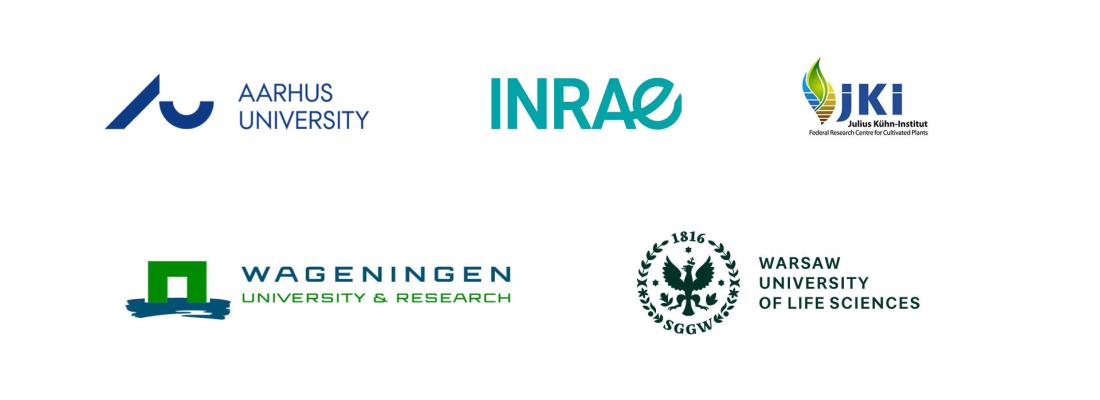Society and regional strategies Reading time 3 min
Top EU food & agri institutes launch new science alliance
Published on 08 May 2025

ESAAF aims to harness the momentum and shared ambition across Europe to create sustainable, competitive, and resilient food systems. EU policy makers have some pressing dilemmas to tackle in that regard. ESAAF will serve as a hub and dedicated scientific voice in food system policy discussions, ensuring that sound, independent evidence underpins future strategies.
The three founding members of ESAAF highlighted the following facts:
- “Science must play a fundamental role in transforming Europe’s food systems. ESAAF will provide a critical bridge between research and policy, helping the EU navigate the complex challenges of the agri-food domain “We firmly believe food and agricultural policy needs a fertile ground of facts to bear fruit.”” said Mrs. Sjoukje Heimovaara, president of Wageningen University & Research
- “Despite ongoing efforts to strengthen Europe’s research and innovation ecosystem in the agri-food sector, there remains no single, coordinated entry point for engaging with the research sector at the European level.” emphasized Philippe Mauguin, CEO of INRAE.
- "We are firmly convinced that the excellence and practice driven scientific expertise that we provide under the auspices of ESAAF will play a crucial role in the current and forthcoming transformation of the European agri-food sector. As part of the founding team behind ESAAF we are very keen to strengthen the link between research and policy to the benefit of the whole of Europe," according to Eskild Holm Nielsen, Dean of Faculty of Technical Sciences at Aarhus University.
A united scientific front
The current members of ESAAF represent a geographically diverse and scientifically powerful coalition:
- Aarhus University (AU) – Denmark
- Julius Kühn-Institut (JKI) - Germany
- National Research Institute for Agriculture, Food and Environment (INRAE) – France
- Wageningen University & Research (WUR) – The Netherlands
- Warsaw University of Life Sciences (WULS) – Poland
Together, these institutions make decades of scientific excellence, innovation, and field-based knowledge available to Brussels’ policy makers. ESAAF is not limited to these five institutions and expects an expansion from organizations in different regions with academic merits in the field of agriculture and food.
Science, structured for impact
ESAAF offers to act as a European representative body for agricultural and food research, offering independent, high-level scientific expertise, for example to support the European Commission and stakeholders involved in the European Board for Agriculture and Food (EBAF).
By complementing existing institutions like the Joint Research Centre (JRC) and the Science Advice Mechanism (SAM), ESAAF focuses specifically on the complexity and diversity of agriculture and food systems, ensuring that regional specificities and the latest research findings inform EU policies.
Key functions of ESAAF include:
- Providing rapid and targeted most up-to date scientific input to policy discussions
- Acting as a platform for coordinated, cross-European agri-food research advice
- Serving as a way to ensure synergies for existing networks, and preventing duplication
- Supporting the coordination and launch of new research initiatives aligned with European challenges in the field of agriculture and food
